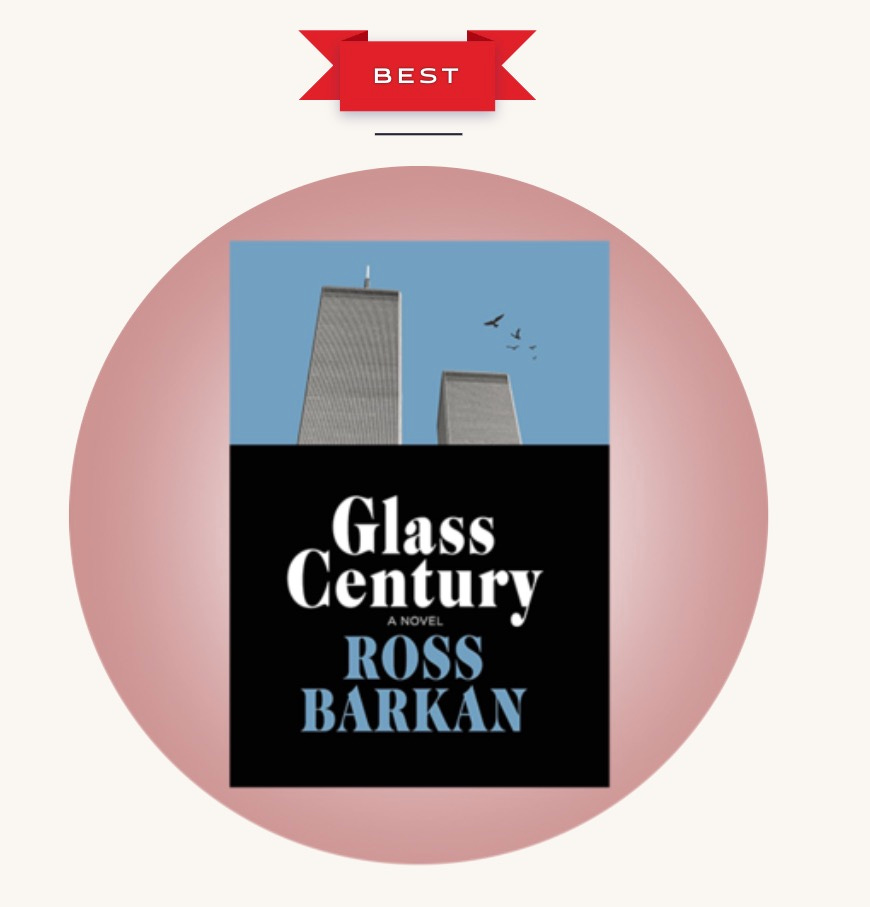What I Learned About Trusting the Process from Ross Barkan's "Glass Century" Launch
On the value of grounding stories in specific details.
I squeezed tightly into 's packed book launch for Glass Century at a bookstore on the Lower East Side.
I didn’t realise it would be so full, so I stood awkwardly at the back of the room with a plastic cup of wine, pretending I knew anything about being a writer. Barkan’s insights on fiction writing from that night have been rattling around in my head ever since. As someone who thinks deeply about writing, he offered some refreshingly honest takes on what makes novels work—especially when it comes to grounding big stories in specific details.
I’m going to geek out about writing for a minute, I hope that’s okay. It’s a new world to me, so I’m still finding my feet. I’m assuming if you’re reading this, you like reading, and you like New York. And don’t worry— I’m not going to review the book. It’s great. I’m on the last chapter, and I don’t want it to end. There are far more qualified people to dissect this novel than me. You’ll probably find them lurking around Substack.
I have to confess, I was never a big reader growing up— not really. My literary diet consisted chiefly of Spider-Man comics and MAD Magazine. I didn’t come to the enjoyment of reading until around 2007, when I discovered Christopher Hitchens and David Sedaris. From there, the whole literary chasm opened up and I fell in. I think reading is one of the best things anyone can do to get better at just being a human; getting to inhabit the mind of other people for a time, and live a zillion different potential lives within one lifetime. It’s like a cheat code to the human brain (and empathy).
"You can read a 19th-century book and get an excellent sense of the day-to-day life of that period," Barkan observed at the launch. "You can find out what things cost, you can find out political dynamics." He lamented how contemporary novels often feel "intentionally made" rather than lived-in, missing those crucial particulars that anchor readers in time and place.
"There are so many ways to get at New York," Barkan said, while being interviewed by , "which is what I love about it."
The same could be said for his approach to fiction—multiple entry points, all grounded in the specifics that make stories feel real rather than simply ‘constructed.’
Keep reading with a 7-day free trial
Subscribe to New York Cartoons to keep reading this post and get 7 days of free access to the full post archives.





